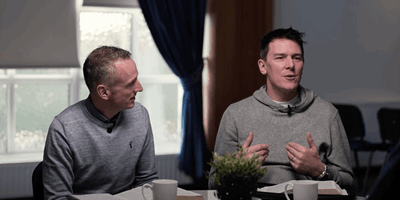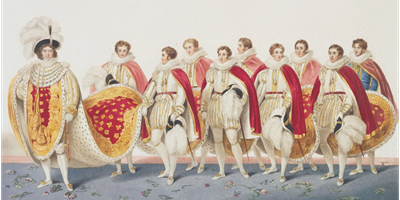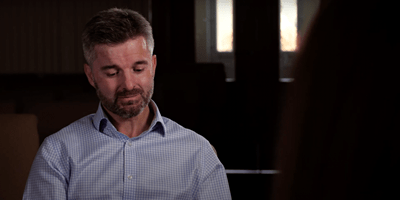It is not my purpose to discuss the merits of personological or situational approaches to human behaviour and character development. We will leave that to the psychologists and other great minds such as Cicero, who said that "the minds of men do in the weather share, dark or serene as the day's foul or fair."
However, what is of interest is some new research by a team led by Kate McLean at Western Washington University. In their recent paper in the Journal of Personality and Social Psychology they wrote that “the stories we tell about ourselves, construct ourselves, and sustain ourselves through time”. In a recent article, Dr Jarrett concluded that, "as philosophers have long argued, there is a sense in which we construct our own realities. The world is what we make of it. Usually this liberating perspective is applied by psychotherapists to help people deal with specific fears and anxieties. Life story research suggests a similar principle may be applicable at a grander level, in the very way that we author our own lives, therefore shaping who we are. Now that’s a tale worth sharing'.
There are some similar concepts in the Bible, with crucial differences. Our character is shaped and formed throughout our lives and a combination of situations, choices and perspective is integral to that process. For example, seeing our lives from God's perspective is hugely significant in the Bible. It is the big picture which helps us understand the day to day experiences of our lives. It is Saul out looking for donkeys, while God was revealing to Samuel that Saul would be King; big picture, small picture (1 Samuel ch9): It is the writer to the Hebrews attributing their persecution to their Father's discipline: It is the psalmist understanding the end of the wicked as he saw their prosperity, and not being derailed in his walk with God (Psalm 73): It is Paul "being confident of this very thing, that He who has begun a good work in you will complete it until the day of Jesus Christ" (Philippians 1:6).
When the psychologists say that we are the authors of our own life story and how we tell it shapes who are are, the Christian looks to God. Our lives are His story, told by us. Paul said "For to me to live is Christ, and to die is gain" (Philippians 1:21). That is true happiness. The thought of me constructing the realities of my life does not remove fear and anxiety, it actually has the opposite effect. How glad I am to rest in the Lord Jesus Christ who said ''Peace I leave with you, My peace I give to you; not as the world gives do I give to you. Let not your heart be troubled, neither let it be afraid" (John 14:27).
How we tell the story of our life does say a lot about the person we have become.
William Carey formed a team of colleagues who translated the Bible in 34 Asian languages, compiled dictionaries of Sanskrit, Marathi, Panjabi, and Telegu; began churches and established 19 mission stations; formed 100 rural schools encouraging the education of girls; started the Horticultural Society of India; served as a professor at Fort William College, Calcutta; began the weekly publication "THE FRIEND OF INDIA; printed the first Indian newspaper; introduced the concept of the savings bank to assist poor farmers. His fight against the burning of widows ("SATI" ) helped lead to its ban in 1829. His life inspired tens of thousands to give themselves for the spread of the Gospel.
At the end of his life he is quoted as saying "You have been speaking about William Carey. When I am gone, say nothing about William Carey - speak only about William Carey's Saviour.” Our story is His story.
























